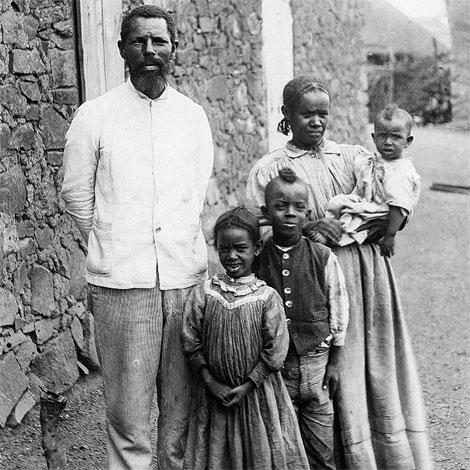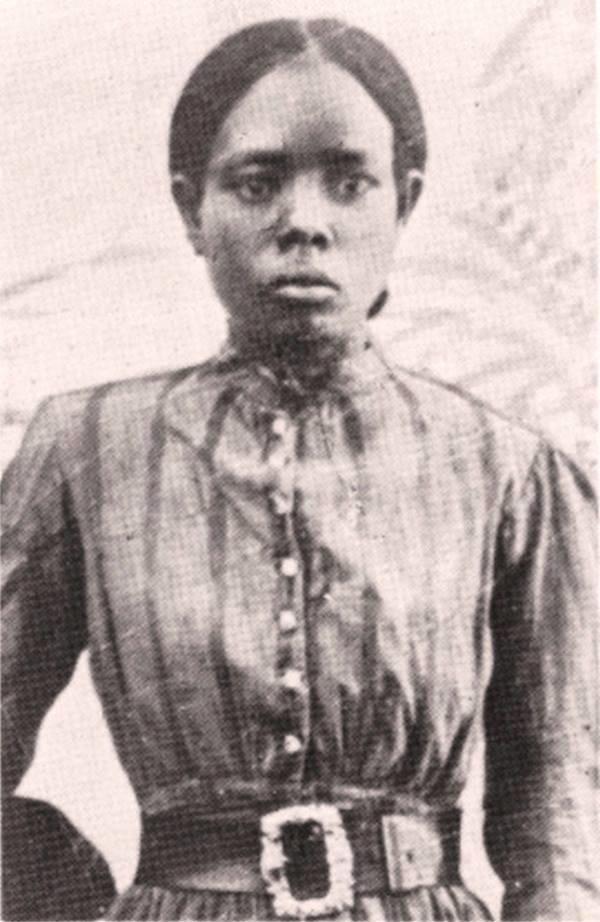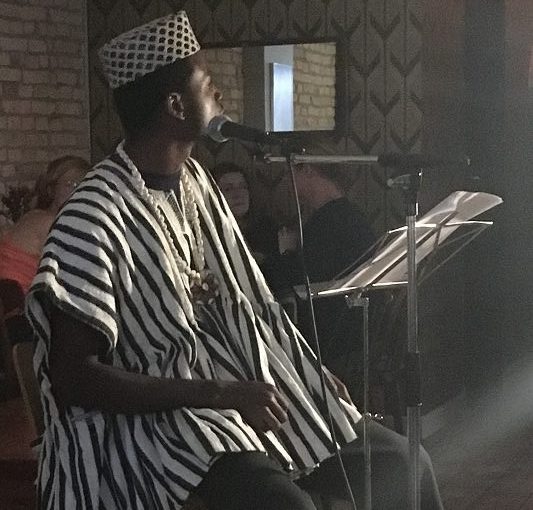Orality and Oral Forms
Orality is often overlooked in studies of world literature, despite the fact that oral genres comprise a vast proportion of literary practice. As part of our effort to privilege genres, themes, and mediums that are hitherto under-acknowledged in studies of World Literature, we aim to engage with orature as a literary practice.
Languages which are critically endangered or socially/politically marginalised are doubly erased if our view of World Literature continues to privilege textual mediums. Our project is mindful of these challenges and attempts to pay critical attention to genres of oral literature in the three regions of this project. We especially welcome approaches to the study of orature that embraces or engages with the potential of digital platforms like YouTube, Spotify and E-Book providers.
The Oromo Reader (1894): Oromo folksongs and the sorrow of exile
The second blog post on the history of Oromo folklore looks at The Oromo Reader (1894) compiled by Aster Ganno and Onesimo Nasib.
“A miniature Oromo academy in exile”: How former slaves pioneered Oromo studies
Dr Assefa Tefera Dibaba introduces the history of Oromo folklore studies.
Multilingual Poetry: Kwame Write in Paris, Accra, Copenhagen
Poetry doesn't need to be completely understood to be experienced, making it an ideal medium for multilingual expression. Here multimodal artist Kwame Write talks to MULOSIGE about the language of water and about multilingualism in his life and work.




